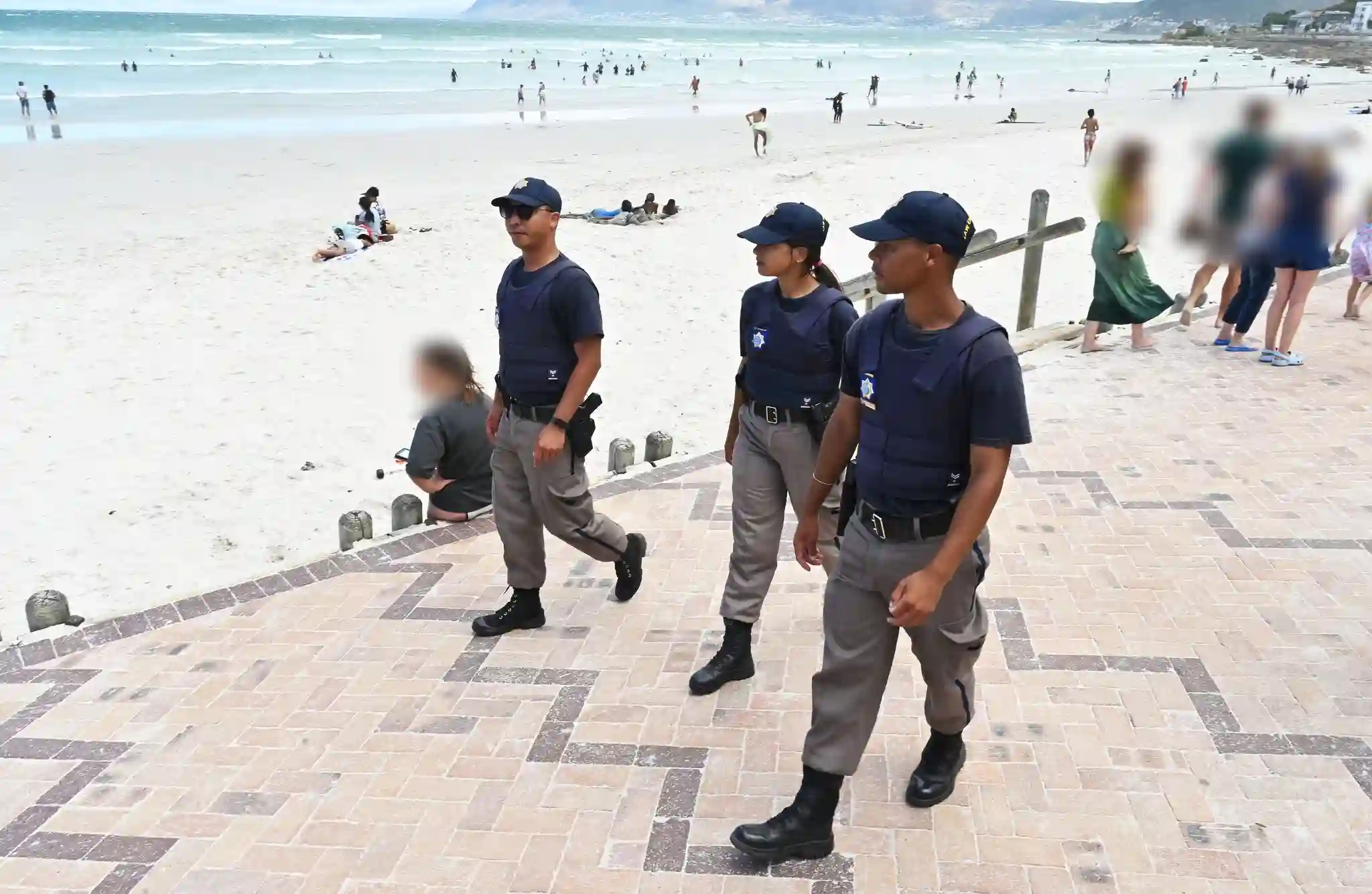Cape Town: All service departments in Safety and Security of City of Cape Town saw a downturn in the statistics. The Fire and Rescue Service has recorded and marked an increase in motor vehicle and pedestrian crashes.
Reportedly, the number of fires dropped as compared to the previous year and nearly 2,000 people were displaced in just four days due to a number of large informal settlement fires.
Member of the Mayoral Committee for Safety and Security – Alderman JP Smith said that he wants thank the staff for their efforts. The public safety over the festive season is a massive undertaking that has particularly given many people, simply a refusal to take responsibility for their own safety.
Considerably, the statistics indicates a slightly quitter December as compared to the previous year. But there was still a lot to contend with. The increase in crashes of Fire and Rescue Service is a flag or sign. Unfortunately, the road safety and specifically the behaviour of the drivers continues to be one of the myriad challenges that they face.
The Fire and Rescue Service Department responded to 3,546 emergency incidents in total. Out of which:
- 2,056 vegetation fires
- 212 informal residential fires
- 153 formal residential fires
- 432 motor vehicle accidents
- 173 pedestrians knocked down
- and, 130 trauma incidents
During this period, 11 people died as a result of fires. The Public Emergency Communication Centre recorded 17,722 incidents out of which 38% were calls for medical assistance and 21% were related to by-law transgressions.
The safety and security department of City of Cape Town also recorded:
- 1,965 noise complaints
- 979 calls related to assault cases
- 514 motor vehicle and pedestrian accidents
- 499 domestic violence cases
- 202 complaints of drinking in public
- 143 calls related to self-harm
- and, 92 complaints related to the illegal sale or discharge of fireworks
Alderman JP Smith concluded by saying that on the face of it, the statistic seems very encouraging as compared to few years ago. It is tempting to assume that the message has finally landed and we know from experience that those who insist on drinking have simply switched up their modus operandi from using alcohol sachets and other means to avoid detection.
From drinking at home or in their vehicles and then arriving at the beach drunk, it does not matter how they do it, though the fact remains the same as people who insist on drinking in public are not only ruining the occasion for others but also putting themselves and the enforcement with emergency services staff to respond if anything happens or harms.



